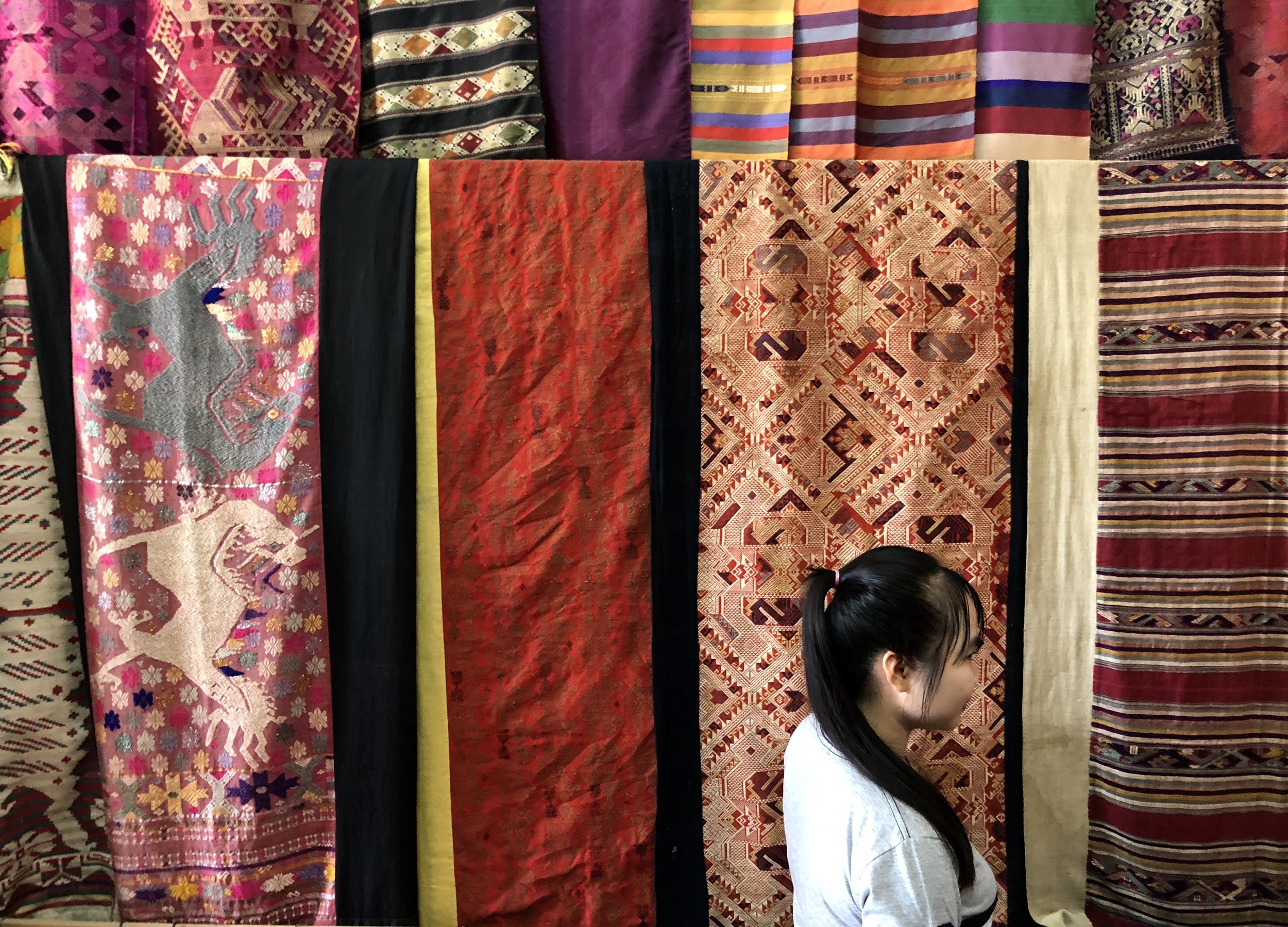Chanh's Story
Chanh never met her father. She was told he died from drug abuse, but she doesn’t know for sure. When she was 7, her mom remarried and moved from Laos to Thailand to be with her new husband, leaving her alone with her older sister.
Chanh felt loved by her sister; she told Chanh she could live with her if she ever needed to, but since she lives with her in-laws, Chanh didn’t want to impose. She stopped going to school in grade five because her mom couldn’t afford all the expenses. She worked from a very young age to help pay for the family’s expenses. Around age 12, relatives took her to the capital, Vientiane, and used her as a domestic worker in their home. Since they were related to her, they didn’t pay her very much.
After living in essentially forced labor for a year, she was taken to Thailand. Her mom came and took her to work on a corn farm where she labored for nine days. A Thai man approached her and told her she was too young and not allowed to work in Thailand as a minor, so she went back to Laos to work in the house again. Shortly after that, the same Thai guy she met on the farm asked her to come work in a karaoke bar in Thailand. The promise of steady money and even a stipend for food seemed tempting given her alternative.
“This guy told me I would serve food and drinks. I would receive a 3000 THB a month salary and 100 THB a day for food. He didn’t mention going with customers.”
“Going with customers” is how many victims of exploitation explain their work. At 15 years old, Chanh wasn’t even aware of what sex involved. The karaoke bar owner told her to do it or she wouldn’t get money for food, so she learned. She figured that her life had already ended up here, and she needed to earn money to live, so she was stuck. She didn’t try to go somewhere else; she didn’t know where to go. It was scary – she had no one to rely on and nowhere to return to. So she went with customers. Making matters even worse, she wasn’t paid the salary she was promised and didn’t get money for food. She was devastated.
People often ask why young women who are trafficked don’t “just leave” if they aren’t being held by physical restraint. Chanh is an example of how there are chains stronger than physical restraints. If you think about the trajectory of her life, she was exploited by relatives for forced domestic servitude, then she worked on a farm illegally and then all of that led to her being trafficked for sex. As a child, she wasn’t protected, and as a young adult, she wasn’t given agency. Her life in the karaoke bar was just more of the same, and she didn’t really know or believe she could hope for more.
“I thought customers were disgusting. I was forced by the owner, who was also a school director. He verbally abused me. He would convince me, force me. The owner’s wife told me I didn’t have value. She told me I had to be there. She said if she didn’t help me, that I couldn’t get a job.”
The owner and his wife, not to mention the customers, constantly demeaned and devalued Chanh. Additionally, she was in a foreign land and afraid of local laws and police. She eventually took out a debt from the bar owner and his wife. They lent her the money for a migrant worker card — a pink card coveted by foreign workers in Thailand that gives you legitimacy to work. After that, she was in bondage from her debt and had to continue to go with customers to pay it off. Chanh is brutally honest about the toll it took on her.
“I was a slave. I was forced against my will. I often had to work on my period. I constantly worried about disease.”
There were many nights she didn’t have a customer, which meant she wouldn’t get paid at all. Some of the men asked about her age (she looks extremely young, even today as a 20 year-old) and tried to help her by giving her money, but still slept with her and then went on their way. She worked at that karaoke bar, being forced to have sex and being constantly told she didn’t have any value, for almost three years.
LIFT’s identification and removal operation in partnership with law enforcement happened two months before she turned 18. A removal can be really traumatic for women, but the night of the operation, LIFT’s social worker, Chu, helped her and the other girls know their rights. Chu also brought a towel to shield their identities from the media. Chanh was held in a government shelter for months so that she could testify against the karaoke bar owner. Now back in Laos, she is recovering from her ordeal and learning to rely on and trust herself.
“I see my own value now. I have freedom. I’m not under control of anyone anymore. I used to receive verbal abuse every day. Now, I learn by myself. I am struggling, living alone, but I have to be strong. I have overcome.”
She went to a vocational training program for tailoring for five months and learned she was good at it. She recently accepted a sewing job, but then when she got there, she worried they don’t pay enough for her to make a living.
At 20 years old and without a family, Chanh feels separate from traditional Laos life. Without the ability to return to a village or live with relatives, options are limited. She loves nature and seeks solitude, hoping to stay alone in the jungle one day and live a peaceful life. In the near future, she hopes to open a tailoring shop with LIFT’s help. Having Jane and Chu visit her and being available by text message means the world. To Chanh, it means family.
“It’s good to have someone like Auntie Jane and P’Chu following me and providing me support. Even my relatives never had this care and love for me.”
Chanh shared her story with us in hopes that it would help other girls like her. Your monthly or one-time gift helps support more survivors.


